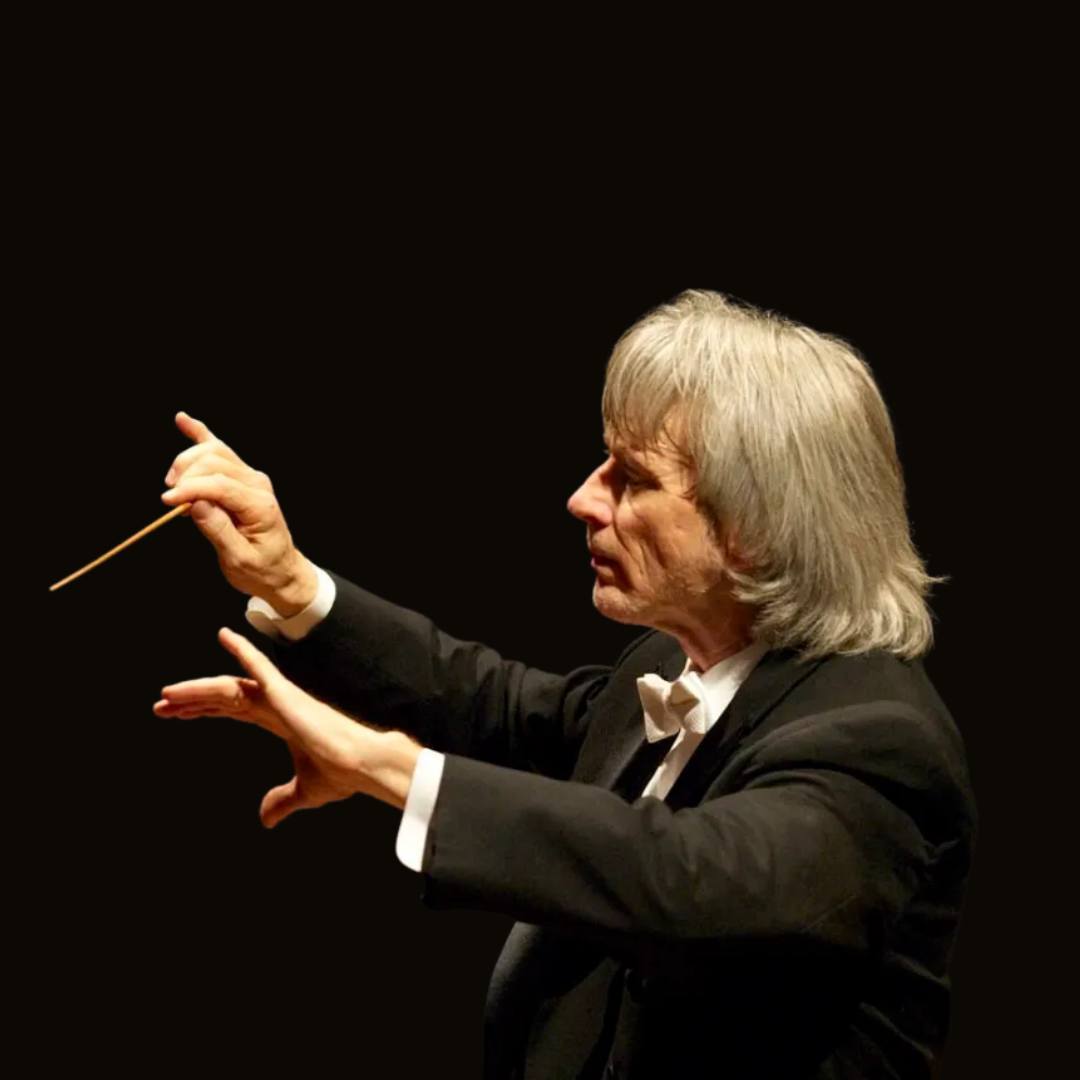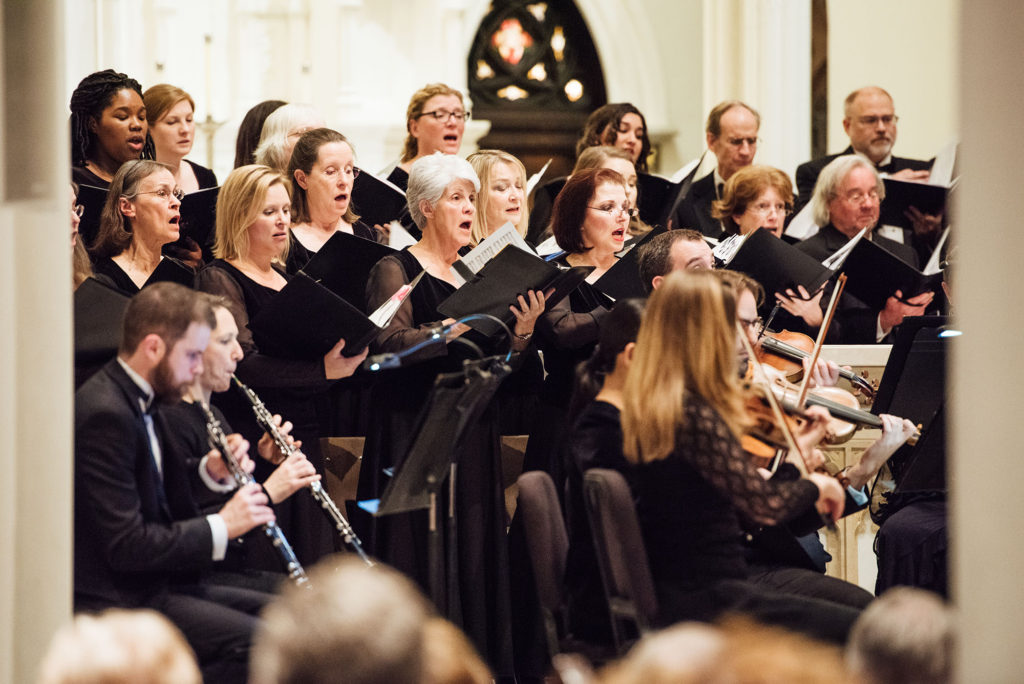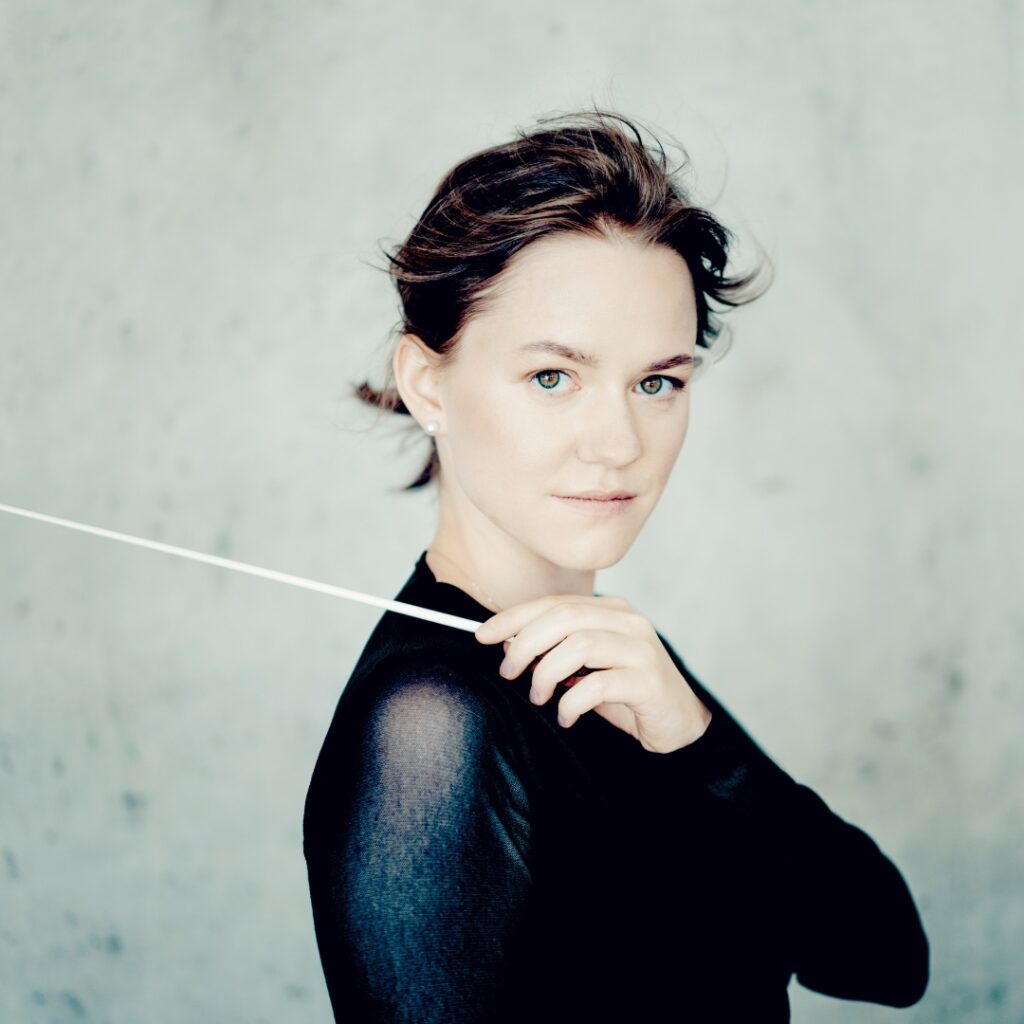

MAJESTIC BRUCKNER
Experience a program of significant emotional portrayal using the juxtaposition of light and dark, tension and release, and highs and lows, through brilliant music and voices. The CSO Chorus and the College of Charleston Chorus, will join the orchestra for a meaningful and profound choral masterpiece, Morten Lauridsen’s Lux Aeterna (“eternal light”), which is a deeply moving expression of grief and mercy. Anton Bruckner’s Symphony No. 7 unfolds mysteriously but exquisitely from its first notes and one can imagine how the composer stretched the boundaries of music in his time. Maestro Carl St.Clair, a protégé of Leonard Bernstein, has held top posts and guest conducted around the world; he is now in his fourth decade as music director of the Pacific Symphony.
This concert program emotionally resonates with the juxtaposition of lightness and darkness and highs and lows, through brilliant music and voices, with works by Anton Bruckner and Morten Lauridsen.
6:30pm Free Pre-Concert Conversations
Join Maestro Carl St.Clair, Executive Director, Michael Smith, and Concertmaster/Artistic Director, Yuriy Bekker in the hall before the show to hear more about the music!
Majestic Bruckner Illuminating Sounds of the Symphony
Morten Lauridsen‘s Lux Aeterna (“eternal light” in Latin) is a deeply moving expression of grief and mercy. The piece, written by Lauridsen in the year of his mother’s death, often calls comparison to requiems by Gabriel Fauré and Johannes Brahms, but firmly and deservedly holds its own. The five movements, each referencing light, make up a choral cycle interspersed with familiar moments from the traditional Catholic Requiem Mass. The CSO Chorus and the College of Charleston Concert Choir will join the orchestra for this meaningful, profound choral masterpiece.
There are few people who can claim to have a nickname created exclusively for them by Leonard Bernstein. Maestro Carl St.Clair, who grew up in Texas, is one. St.Clair, called “Cowboy” by the great conductor, was a young conducting student when he became a mentee and friend of Bernstein’s. St.Clair became an assistant conductor with the Boston Symphony for several years, held other top posts and guest conducted around the world, and is now in his fourth decade as music director of the Pacific Symphony.
Gustav Mahler memorably described Anton Bruckner as “half simpleton, half God.”
There is no denying that Anton Bruckner was an innovative composer, even if his works were inspired by the musical masters (Beethoven and Wagner, most commonly). Bruckner’s Symphony No. 7 unfolds mysteriously but exquisitely from its first notes. The tension continues to rise and fall through all four movements; all the while, the instruments are expertly interplayed during the highs and lows, keeping the work pleasant and balanced. For the listener, the proportions are vast but united musical expressions, and one can imagine how they stretched the boundaries of music in his time.
MORE ON THE MUSIC:
- Just prior to his appointment with the Pacific Symphony, St.Clair conducted Bernstein’s own “Arias and Barcarolles” at Tanglewood during what would be Bernstein’s final concert on the podium.
- “I composed Lux Aeterna in response to my mother’s final illness and found great personal comfort and solace in setting to music these timeless and wondrous words about Light, a universal symbol of illumination at all levels – spiritual, artistic, and intellectual.” – Morten Lauridsen
- Bruckner 7 was named one of the 20 greatest symphonies from BBC Music Magazine.





